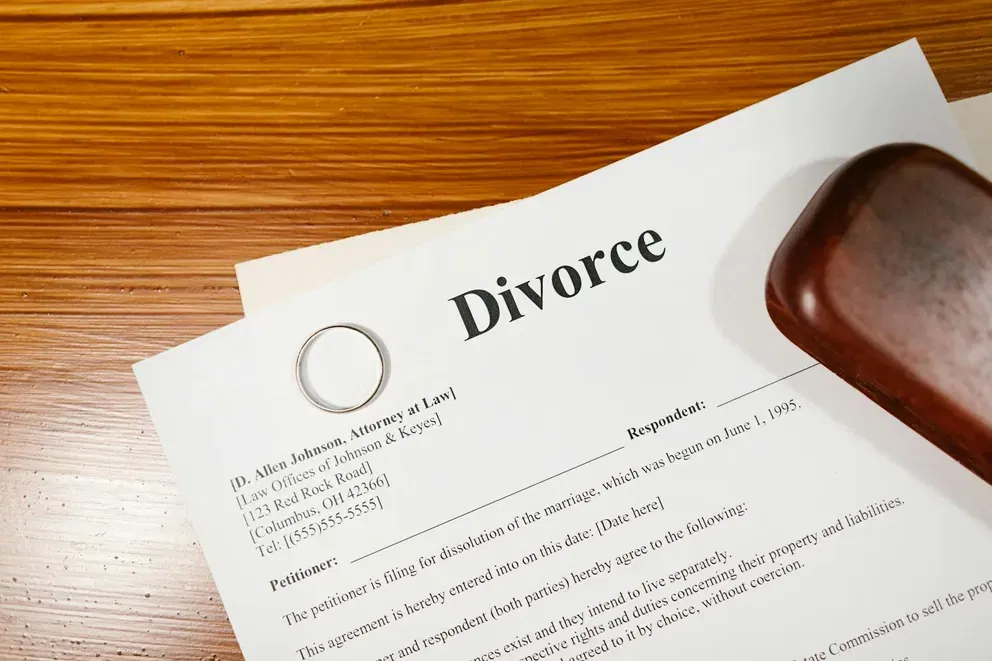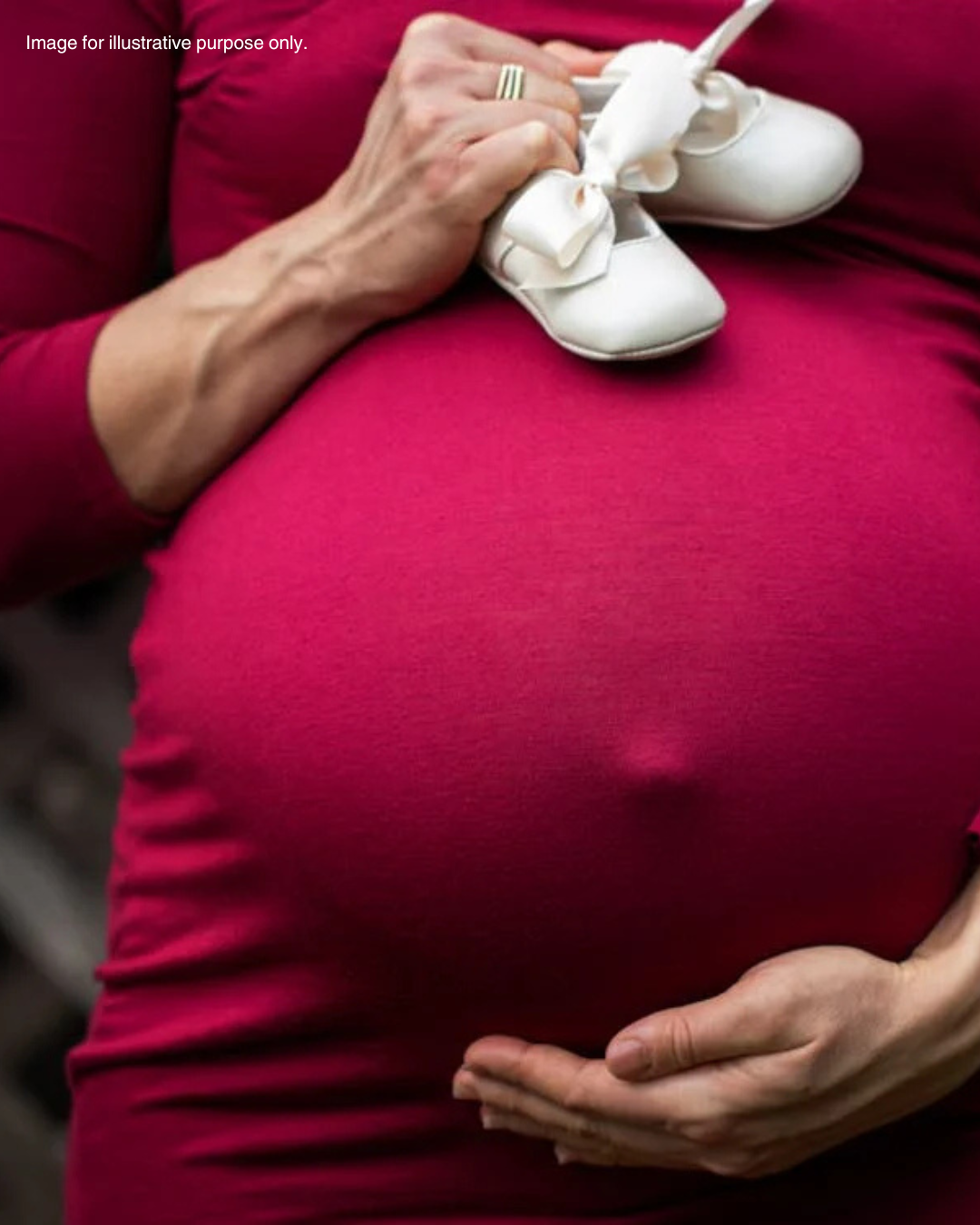
Mary’s story unfolds in the weeks leading up to her baby’s arrival, steeped in emotional turmoil as she grapples with a decision to divorce her husband, Daniel. The couple’s five-year marriage, which Mary once considered perfect, has been marred by a traumatic past that resurfaces due to Daniel’s dismissive attitude towards her fears.
Mary’s fear of fire stems from a childhood trauma; her family home burned down when she was seventeen, resulting in significant loss and lasting psychological scars. Despite her reassurance from Daniel, who trivializes her anxiety, Mary finds herself plagued by constant worry for her safety and her unborn child. Her meticulous checks at night—ensuring appliances are off and candles are extinguished—only provoke Daniel’s annoyance, further isolating her in her fears.

The tipping point occurs when Daniel, after a night with friends, plays a cruel prank on her by yelling “Fire!” in their home. While meant as a joke, the act triggers Mary’s deepest anxieties, leading to a confrontation that reveals the chasm in their understanding of each other. Mary’s pain and fear culminate in tears as she realizes that Daniel’s insensitivity not only undermines her trauma but also endangers her emotional well-being during a vulnerable time in her life.
Feeling trapped, Mary reaches out to her father, who arrives promptly to support her. His empathetic approach contrasts sharply with Daniel’s behavior, reinforcing Mary’s feelings of being unloved and unvalued. The drive away from their home symbolizes a pivotal moment of clarity for Mary, as she begins to see Daniel’s actions for what they are—reckless and harmful.

In the aftermath, Mary’s resolve strengthens. The realization that Daniel’s prank was a deliberate attempt to frighten her compels her to reevaluate their relationship. Despite familial pressure to forgive, she recognizes the necessity of prioritizing her safety and that of her child. With her father’s support, she takes the courageous step of filing for divorce, understanding that she cannot allow her fears to be manipulated or her well-being compromised.
As the days pass, Daniel’s attempts to apologize and promise change fall on deaf ears. Mary’s journey illustrates the struggle between love and self-preservation, emphasizing the importance of mutual respect in a partnership. She grapples with the implications of her choices, ultimately concluding that her emotional health and her child’s future must come first.

Mary’s story is a poignant reflection on the impact of unresolved trauma, the complexities of relationships, and the necessity of prioritizing one’s mental health and safety. It poses a crucial question about the nature of love: when does care become a source of harm, and how does one navigate the difficult terrain of choosing between forgiveness and self-respect? Mary’s decision to embrace her strength in the face of adversity marks a significant turning point, one that sets the stage for a hopeful future free from toxicity.
















